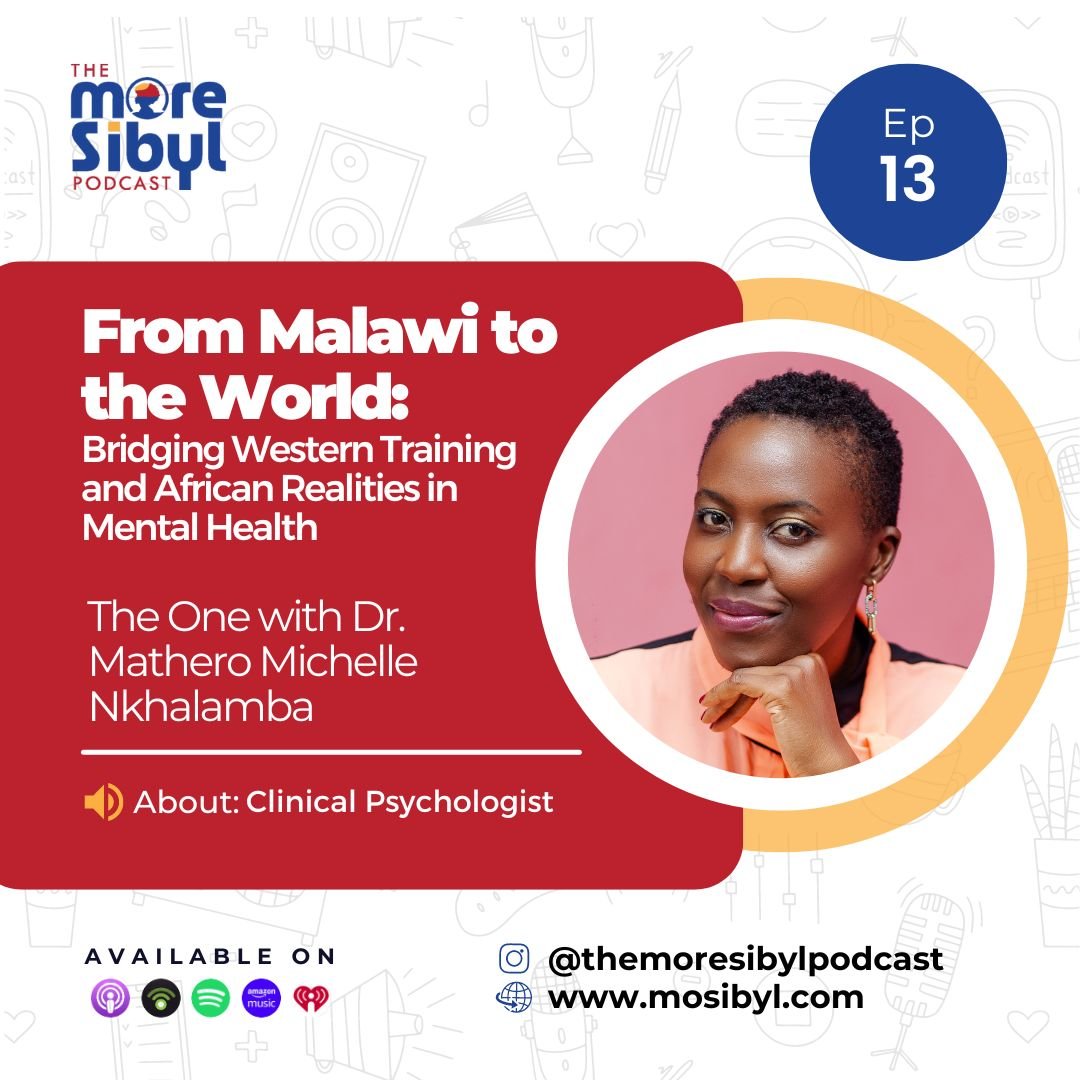빛 속에서| How the Mission is Going: An Inspiring Reunion with Doctor, Pastor Henry Olamiju | Episode 12 (2025)
In this soulful and wide-ranging reunion episode, Mo! reconnects with Dr. Henry Olamiju—physician, pastor, photographer, husband, and purpose-driven creative—seven years after his first appearance on The More Sibyl Podcast. What unfolds is a rich conversation on growth, calling, and the courage it takes to live authentically across multiple identities.
They explore the power of showing up fully in community, the liberation that comes from bringing hidden struggles into the light, and how pain, when met with honesty, can become a wellspring of purpose and healing. From navigating pastoral responsibilities in London to balancing fatherhood, exams, and ministry, Dr. Olamiju shares how grace, discipline, and a supportive partner have kept him grounded.
Together, they reflect on the beauty of community, the burden of silence, and the necessity of mentorship in our 40s and beyond. They uncover how our earliest experiences quietly prepare us for lives we couldn’t have imagined.
Whether you're sitting with unresolved pain, navigating a transition, or trying to figure out your place in the world, this episode offers gentle encouragement, spiritual insight, and a reminder that legacy isn't what we leave behind, it's what we live into every day.
Tune in for laughter, wisdom, and a soulful check-in that's equal parts therapy session, pep talk, and praise break.
Read More























